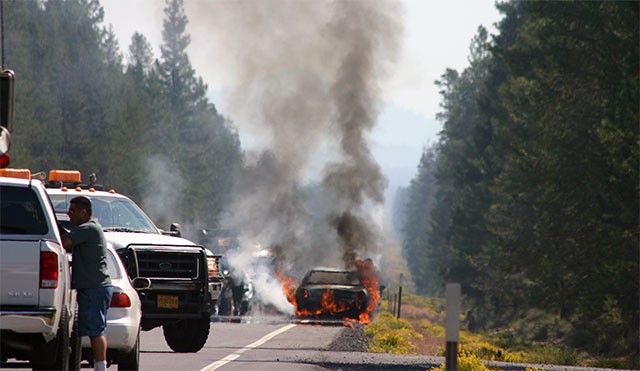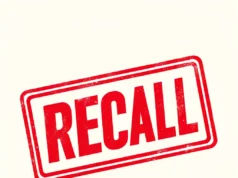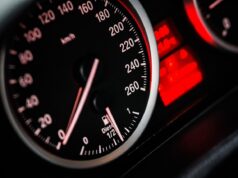
In the early days, a gas tank catching fire in a car accident was seen as a foreseeable risk. In today’s world, consumer safety and product liability is a very serious issue.
Automobile manufacturers have the legal responsibility to design and implement reasonable safety features in order to protect the consumer and minimize the risk of unnecessary harm. When they fail in this responsibility and someone is injured or killed as a result, they could be held legally responsible for 100% of the resulting damages (property damages, medical bills, lost wages, pain and suffering, etc).
Automobile Gas Tanks and Product Liability Law
Product liability refers to a manufacturer’s liability for injuries caused by a defective or unsafe product. While it is a complex area of law, it is also one of the few case types that an attorney will take on contingency. This is great for consumers, as it allows victims to seek compensation for their injuries without any financial risk on their part.
Everyone in the product’s chain of custody (e.g. designer, supplier, distributor, retailer) could be held liable for their portion of negligence (if applicable) with regard to a product liability claim such as a faulty gas tank.
Fuel Tank Safety Measures
Manufacturers must ensure that fuel tanks are placed in areas of the vehicle that are largely immune to any kind of deformation or puncture (i.e. outside of crumple zones). As a general rule, fuel tanks should be located just ahead of the rear axle. In addition, they should also include a shield which serves to absorb the majority of the impact.
While most older vehicles use aluminum or steel tanks, the vast majority of modern cars utilize plastic (HDPE) fuel tanks. Unfortunately, HDPE is known to have a low fracture toughness when compared to steel or aluminum.
The Ford Pinto Gas Tank Case: A Lesson in History
The famous Ford Pinto gas tank debacle is a good, yet unfortunate example of car manufacturing gone wrong.
In 1970, as competition heated up in the automobile market due to inclusion of Japanese car manufacturers into the American market, Ford Motor company released a car that they hoped would be able to position them pivotally to corner the market.
The Ford Pinto was lightweight and the ideal American car for the Average Joe with a typical family. Unfortunately the car was rushed through production, taking two years instead of the usual three and a half.
Despite a directive from the National Highway Traffic Safety Administration urging that all vehicles be able to withstand rear impact collision at 20 mph without compromising the fuel tank, Ford Motor company pushed their car onto the public.
Even after they were aware of the problem, an article on mother Jones stated that Ford decided against a recall after undertaking a cost-benefit analysis and saw that it would’ve cost much more to fix the gas tank error (~$11 per car) than the cost of settlements for wrongful deaths, injuries, and vehicle fires.
As a result, many people lost their lives when their Ford Pintos were rear-ended, leading to gas tank ruptures, explosions, and fires. The Ford Pinto was eventually recalled, but not until 1978.
Using a cost-benefit analysis in regard to human life (if true) is unethical, but goes to show that some manufacturers may be willing to put a price on the lives of their customers in order to turn a higher profit.
In a similar and more recent case, Jeep recalled more than 1.5 million cars due to improper placement of gas tanks in one of their models, but not before 50 lives were lost due to this easily-rectified defect.
Consider Discussing Your Case With a Lawyer
Injuries caused by a defective or faulty product generally fall under product liability law. If you were injured (or someone was killed) due to a car fire after an accident, there’s no harm in exploring your options.
99% of attorneys will take these cases on contingency, meaning you never front a single penny of your own money on your lawyer. The attorney agrees to handle your case for no cost to you, and only recovers legal fees if the case is successful (i.e. they win you money).
Feel free to reach out to a product liability lawyer you trust, or call 1-877-659-2580 for an over-the-phone consultation with the trusted attorneys at Rasansky Law Firm.







